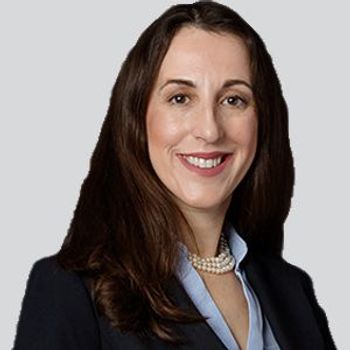
The study of 251 hospitalized patients with COVID-19 found that biomarkers were elevated to levels that were similar to—or even higher than—those observed in patients with Alzheimer disease.

The study of 251 hospitalized patients with COVID-19 found that biomarkers were elevated to levels that were similar to—or even higher than—those observed in patients with Alzheimer disease.
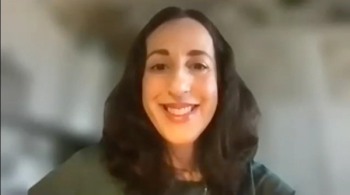
The professor of neurology at NYU Langone Grossman School of Medicine discussed future research for neurological complications in patients hospitalized with COVID-19 infection. [WATCH TIME: 4 minutes]

A recent study found that blood markers of brain damage were higher in patients with COVID-19 than in those with Alzheimer disease. [WATCH TIME: 4 minutes]

Jennifer Frontera, MD, professor of neurology, NYU Langone Grossman School of Medicine, discussed findings from a recently published study investigating neurological complications in hospitalized patients with COVID-19.
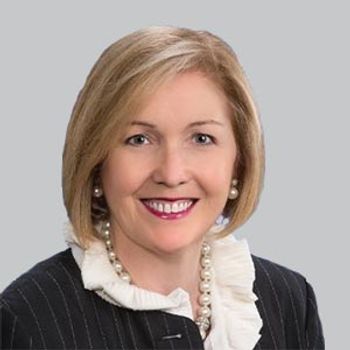
Patients treated with valbenazine demonstrated favorable outcomes on all secondary outcomes over placebo, as well showed no new safety signals.
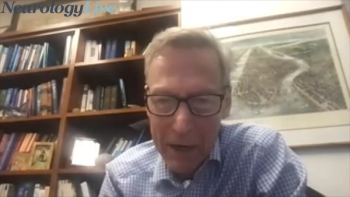
The director of the Comprehensive Epilepsy Center at NYU Langone provided closing thoughts on how clinicians can begin to shift gears from research to prevention of SUDEP. [WATCH TIME: 2 minutes]

The director of the Comprehensive Epilepsy Center at NYU Langone discussed the large-scale impact heart rate variability has on preventing SUDEP and the unanswered questions that remain.
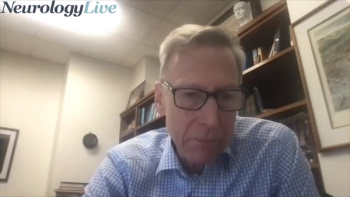
The director of the Comprehensive Epilepsy Center at NYU Langone discussed the necessary steps in validating and utilizing heart rate variability as a biomarker for SUDEP. [WATCH TIME: 3 minutes]

Reduced low-frequency power measured at rest was independently associated with an elevated SUDEP risk, presumably through arrhythmogenic mechanisms.
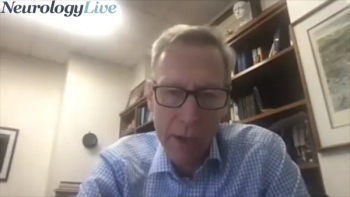
The director of the Comprehensive Epilepsy Center at NYU Langone provided insight on whether a newly discovered biomarker can play a role in the creation of modalities to detect SUDEP risk. [WATCH TIME: 3 minutes]

Ilya Kister, MD, professor of neurology, NYU Grossman School of Medicine, discussed his surprising results from ECTRIMS, which found no evidence of wearing off with ocrelizumab (Ocrevus; Genentech).

The director of the Comprehensive Epilepsy Center at NYU Langone discussed his recently published research, which identified a novel biomarker for sudden unexpected death in epilepsy.

The director of the Comprehensive Epilepsy Center at NYU Langone discussed the critical findings on how heart rate variability may stratify individual SUDEP risk. [WATCH TIME: 4 minutes]

The professor of neurology at the NYU Grossman School of Medicine provided his thoughts on the most notable strides within the multiple sclerosis field in the past year. [WATCH TIME: 3 minutes]

The professor of neurology at the NYU Grossman School of Medicine provided his thoughts on the VIOLA study and the importance of monitoring cell response of post-vaccinated patients with MS on DMTs.

The professor of neurology at the NYU Grossman School of Medicine discussed his findings presented at ECTRIMS 2021, which did not support the hypothesis of a wearing off effect with ocrelizumab (Ocrevus; Genentech). [WATCH TIME: 4 minutes]

The professor of neurology at the NYU Grossman School of Medicine provided context on the preliminary data evaluating antibody response in ocrelizumab-treated patients post-vaccine. [WATCH TIME: 5 mintues]

The professor of neurology at the NYU Grossman School of Medicine discussed the trial design of VIOLA, a new prospective study evaluating responses to COVID-19 vaccines in patients with MS on ocrelizumab (Ocrevus; Genentech). [WATCH TIME: 3 minutes]
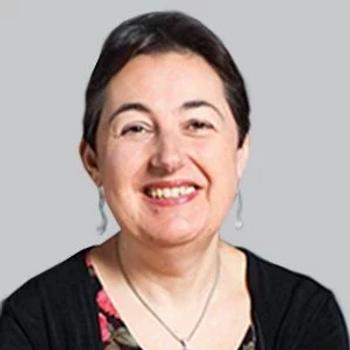
Monthly focal seizure frequency was reduced from baseline at all 3 dose levels of the differentiated Kv7 potassium channel modulator, compared to placebo.
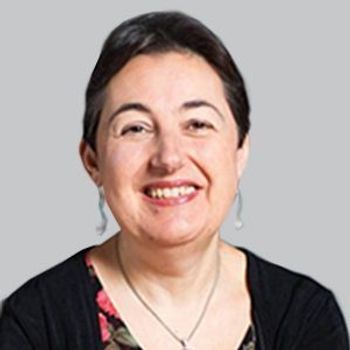
Despite not achieving statistical significance, there was greater relative reduction in seizure frequency over placebo in those with a structural etiology for focal epilepsy than those without, laying the foundation for future research.
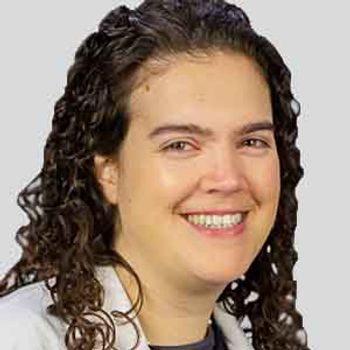
Although headache infusion centers were generally open during the standard business hours, few headache infusion centers were open after hours and on weekends.

There was no evidence of increased risk of suicidal ideation or attempt overall or for any individual antiseizure medication in a meta-analysis of 5 newer ASMs.
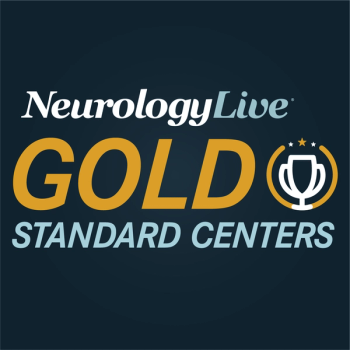
Led by a team of top talents, NYU Langone’s Comprehensive Epilepsy Center’s contributions to drug development and improving the quality of life for patients stand among the field's most important.
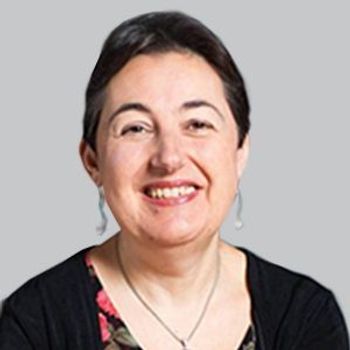
Treatment retention with cenobamate ranged from 73% of patients at 1 year to 59% of patients at 6 years.
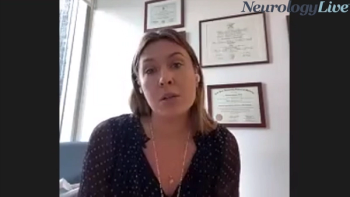
The pediatric headache specialist at NYU Langone provided an inside perspective on the effect that societal stigmas have on those with pediatric migraine and how to address those stigmas.
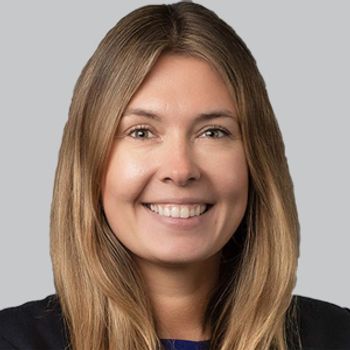
The pediatric headache specialist at NYU Langone discussed adjusting management approaches to pediatric headache and the current state of research within the space.
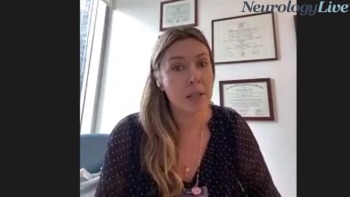
The pediatric headache specialist at NYU Langone discussed the lifestyle choices children and parents must make to ensure optimal management of pediatric migraine.

The pediatric headache specialist at NYU Langone discussed how pediatric migraine is currently treated, the signs and symptoms associated, and whether awareness levels are where they need to be.
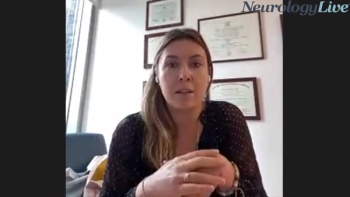
The pediatric headache specialist at NYU Langone discussed what physicians should be aware of related to the signs and symptoms associated with pediatric migraine.
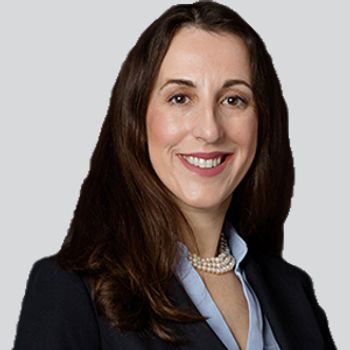
Six months after being discharged from the hospital for COVID-19, patients scored worse than average on 1 or more NeuroQoL scale components, which measured anxiety, sleep, fatigue, and depression.